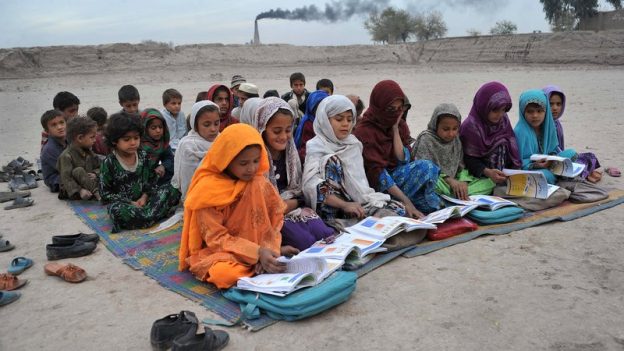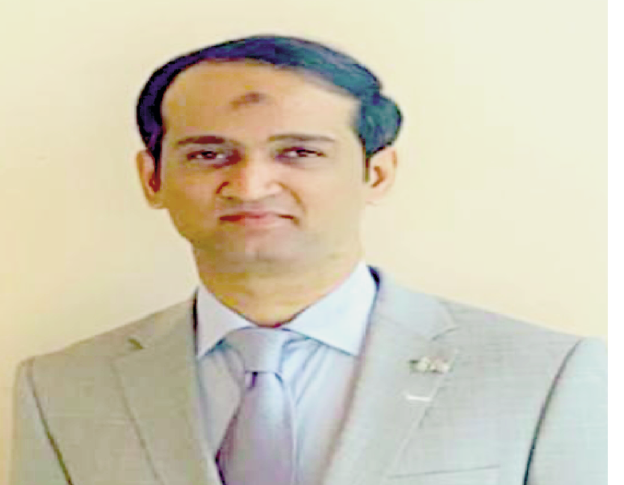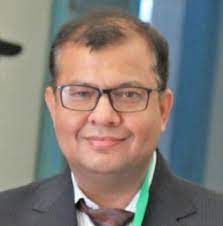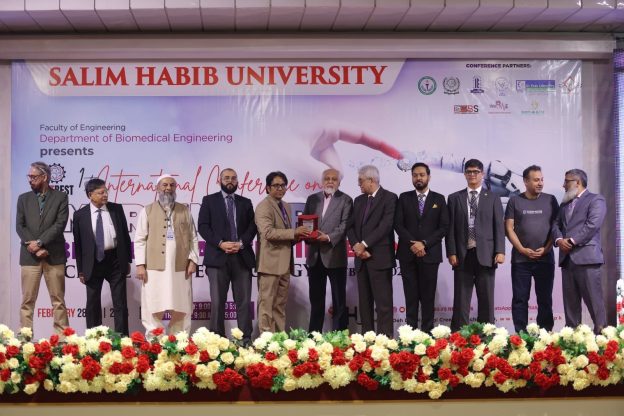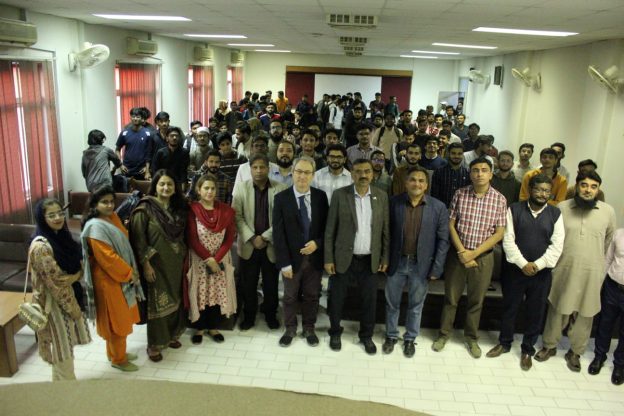Education in Pakistan is undergoing transformation, with initiatives such as online learning gaining traction in alignment with the global market, projected to reach $350 billion by 2025. However, challenges like access and quality persist, highlighting the need for reforms to ensure Pakistani students can benefit from and contribute to the evolving global educational landscape. Here are key points about the changing landscape of education along with relevant numerical data:
Rise of Online Learning:
The global online education market is projected to reach $350 billion by 2025, with a compound annual growth rate (CAGR) of 9.23% from 2020 to 2025.
During the COVID-19 pandemic, there was a significant surge in online learning adoption, with an estimated 1.6 billion learners affected worldwide.
Example of Coursera: Coursera is a leading online learning platform that offers courses, specializations, and degree programs from top universities and institutions worldwide. It has over 82 million registered learners and partners with over 200 universities and organizations globally.
Skills-Based Education:
The World Economic Forum’s Future of Jobs Report 2020 projected a 41% increase in demand for critical thinking skills by 2025. According to LinkedIn’s Workplace Learning Report, 57% of Learning and Development (L&D) professionals prioritize skills-based hiring.
Example of P-TECH (Pathways in Technology Early College High School): P-TECH is a public-private partnership model that offers high school students a blend of traditional high school coursework and industry-aligned skill development. Students graduate with a high school diploma and an associate degree in a STEM field, providing them with valuable technical skills and a pathway to careers in technology.
Lifelong Learning:
A survey conducted by Pew Research Center found that 87% of workers believe it will be essential to get training and develop new skills throughout their work life. The need for continuous learning is underscored by the fact that by 2030, as many as 375 million workers globally may need to switch occupational categories due to automation and artificial intelligence.
Example of Singapore’s SkillsFuture Initiative: The SkillsFuture initiative in Singapore promotes lifelong learning and skills development among individuals of all ages. It provides subsidies and support for individuals to upgrade their skills, explore new careers, and stay relevant in a rapidly changing job market.
Technology Integration:
Worldwide spending on educational technology (EdTech) reached $102 billion in 2020. The adoption of learning management systems (LMS) by educational institutions has been steadily increasing, with the global LMS market expected to reach $29.9 billion by 2025.
Example of Estonia’s E-Estonia Initiative: Estonia has integrated technology extensively into its education system through initiatives like the e-Estonia project. This includes the use of digital platforms for administrative tasks, e-textbooks in schools, and e-learning resources, demonstrating a comprehensive approach to technology integration in education.
Global Collaboration and Cultural Exchange:
Since its inception in 2014, the Erasmus+ program in Europe has supported over 5 million people in higher education mobility. Virtual exchange programs have gained traction, facilitating global collaboration and cultural exchange among students from different parts of the world.
Example of eTwinning: eTwinning is a European Union program that promotes collaboration among schools in different countries through online projects, professional development opportunities, and teacher networking. It facilitates cultural exchange, language learning, and the development of digital literacy skills among students and educators.
Alternative Credentialing:
Alternative credentials, such as badges, certificates, and microcredentials, are gaining popularity. According to a report by HolonIQ, the global market for alternative credentials is estimated to be worth $13.8 billion.
Example of Mozilla Open Badges: Mozilla Open Badges is an open standard for digital badges that recognize and showcase individuals’ skills and achievements. It allows learners to earn badges from various sources and display them online, providing a flexible and portable way to demonstrate competencies to employers and educational institutions.
Equity and Access:
Despite progress, approximately 258 million children and youth worldwide were out of school prior to the COVID-19 pandemic, according to UNESCO. Issues of digital equity persist, with disparities in access to technology and internet connectivity affecting students’ ability to participate in online learning.
Example of One Laptop per Child (OLPC): The OLPC initiative aims to provide affordable laptops and digital resources to children in developing countries, bridging the digital divide and improving access to education. It has deployed millions of laptops worldwide, enabling students to access educational content, collaborate with peers, and develop digital literacy skills.
Pakistan can significantly enhance its education system by leveraging online learning, where the global market is projected to reach $350 billion by 2025. Prioritizing skills-based education can align with the 41% increase in demand for critical thinking skills by 2025. By fostering global collaboration, Pakistan can tap into initiatives like student exchange programs, benefiting from the engagement of over 82 million learners worldwide.
Future of Education
